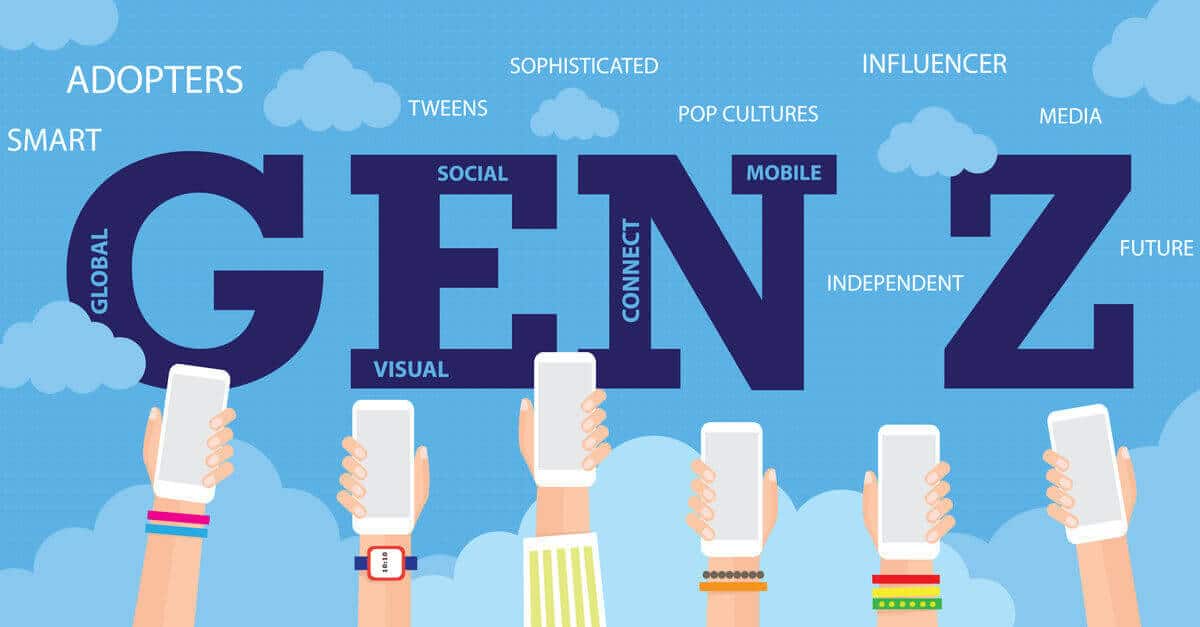BNPL: Expect Greater Regulation and Standardization

The buy now, pay later (BNPL) trend grew by double-digit percentages this holiday season according to some estimates, but it looks like the payment method will become increasingly regulated in the U.S. and elsewhere.

In December, the Consumer Financial Protection Bureau (CFPB) sent out a probe to the largest BNPL companies in the U.S. asking them to provide information on the risks and benefits of their financing. The companies approached were Affirm, Afterpay, Klarna, PayPal and Zip.
The CFPB action came after a letter from six Democratic U.S. senators was sent to the head of the CFPB to encourage him to increase oversight of BNPL services.
Some BNPL users falling behind on payments
Most BNPL companies skip credit checks when consumers select their installment plans. This leads to the possibility of people borrowing more than they can handle and getting stuck in debt.
In announcing the probe, the CFPB expressed concern about some consumers becoming everyday users of BNPL for small purchases. It contrasted that financing with old-school layaway programs that were used in the past mainly for big-ticket items. The agency painted the easy-to-use BNPL phone apps and allure of interest-free terms as a slippery slope to problems.

According to a Piplsay survey from October 2021, 26 percent of BNPL users had missed at least one payment in the past year. Among Gen Z respondents the figure was 43 percent.
CFPB points to lack of chargeback protection
In the press release, the agency also alerted consumers to the fact that BNPL checkout procedures may look like that of a standard credit card purchase, but do not provide the same consumer protections, including the ability to dispute a transaction later, i.e. file a chargeback.
Despite the lack of chargeback protection, BNPL actually gains cachet from Gen Z users who share anti-credit card sentiment but still want to make impulse buys of cool items. This past year, between Black Friday and Cyber Monday, 11% more Gen Z consumers used BNPL compared to 2020, according to Afterpay.
The CFPB said it’s acting with other governments from around the world, notably the Financial Conduct Authority in the U.K., as well as government authorities in Sweden, Germany and Australia to further regulate BNPL
Bringing BNPL into credit reporting fold
At the same time, steps are being taken on the side of industry to normalize BNPL’s acceptance as just another credit option.

The consumer credit bureau Equifax said last month that by February it will begin incorporating BNPL transactions into its credit reports. The remaining two of the big three credit agencies in the U.S., Transunion and Experian are expected to follow suit as well.
Currently, some BNPL plans for heftier purchases are added to credit reports, but many smaller buys with smaller, shorter installment plans aren’t reflected in reports. Equifax will use a new code to add these installment plans involving four biweekly payments to its product.
By adding BNPL plans to credit reports not only will the credit agencies make it possible for lenders to make better underwriting decisions, but it will also allow BNPL users who make their payments on-time to build their credit scores.
What’s in it for merchants?
Of course, this does nothing to address the higher costs merchants face from enabling customers to use BNPL on purchases. On average, BNPL plans charge merchants a commission between 4 percent and 6 percent of transaction value as compared to the 2-3 percent fee charged by payment service providers to process Visa and MasterCard cards.
With the significantly higher cost for merchants, is BNPL just a fad? The move to regulate and regularize credit reporting from the industry seems to suggest otherwise. At the end of the day, as long as BNPL plans appear to boost conversion rates and average order value at stores, there will be major retail players willing to participate.
For more information on this and other payment topics, please contact us or check out other stories on the Justt blog.
Contact us if you’re interested in learning more






